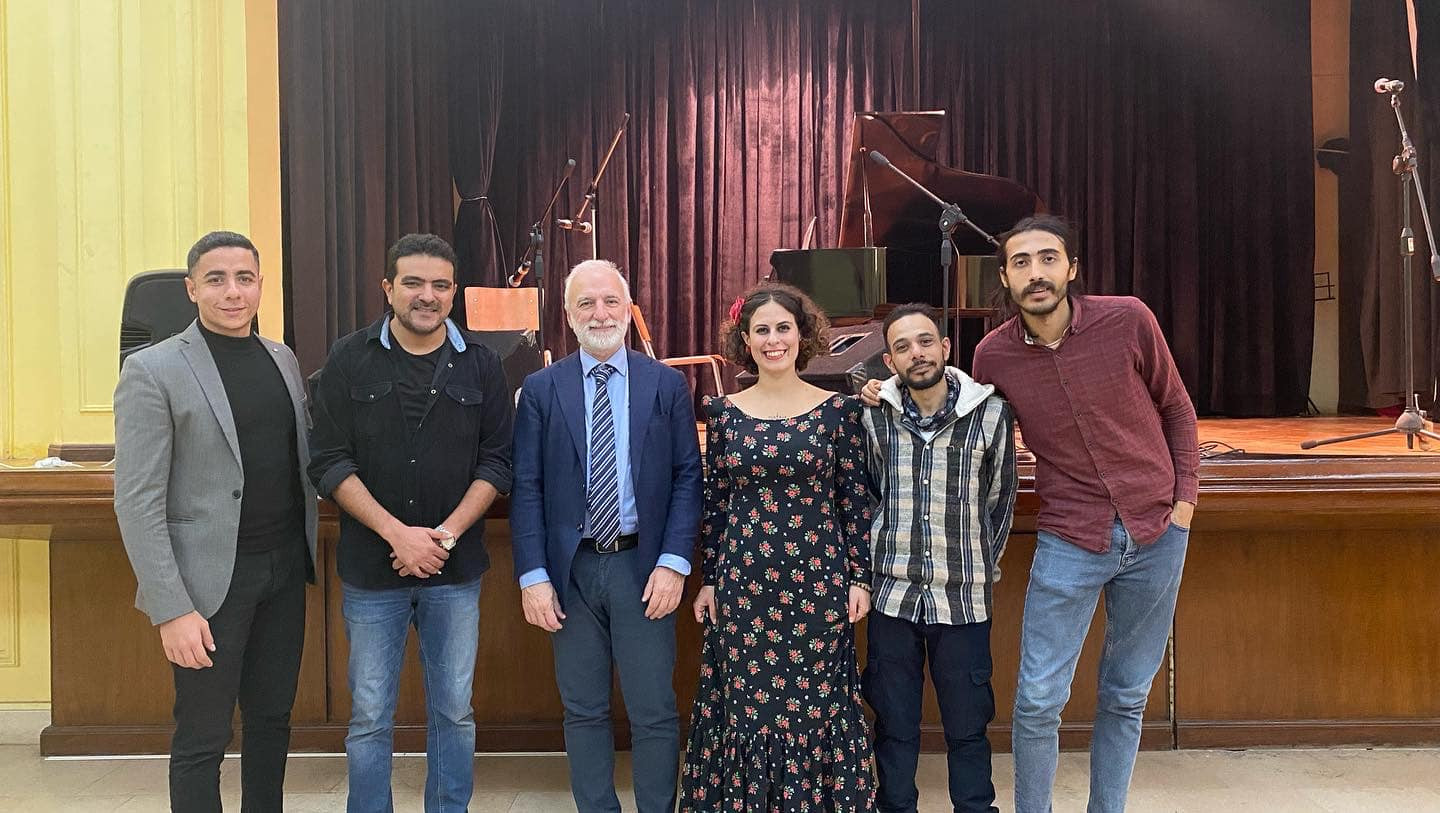Despite the negative impact that 2020 pandemic has inflicted to the cultural scene, locally and world-wide, shaking it to the roots of its own meaning as a physical phenomenon, it has created a positive momentum of self-reflection that might conduct to a reshape of the idea of a cultural event itself. In order to face an on-going scenario of restrictions on physical space due to social distancing rules, it becomes imperative to support the promotion and dissemination of online content, as it has naturally animated the local cultural scene recently.
Outcomes and impact
Within the capacity of the project, many activties have been carried out. These included developing virtual and eco-friendly tools for cultural dissemination, mapping the existing online platforms devoted to cultural space by integrating them with a special EU-dedicated House for Culture, through the project-implementation and its capacity building phase. As per its nature, the project has positively impacted the Egyptian cultural scene, allowing the dissemination and promotion of events in the local panorama in a continuous Euro-Egyptian exchange and cultural dialogue. By strengthening the image of the EUNIC Cluster, the House for Culture has fruitfully accomplished its original mission by sustaining cultural diversity.
The Space for Culture project has complied with its expected outcome, by contributing to a wider visibility of EUNIC cultural events and strengthening the virtuous collaboration with the local EU Delegation The creation of a Euro-Egyptian House for Culture has contributed to a clearer perception of the European constant effort in the cultural dialogue in Egypt, both among the EUNIC members themselves and the cultural actors of the local scene, by enriching the space of cultural dissemination. Besides creating a virtual space of cultural sharing, the project consented to improve the participation of cultural content, even among culturally marginalised areas of Egyptian society.
Challenges and learnings
The whole project, from brainstorming to implementation, has been accomplished during an unprecedented momentum, characterised by social distancing and restrictions to physical activities. Nonetheless, given the virtual nature at his core, the House for Culture had the agility to overcome the challenges given by the current pandemic. The present situation has given a precious moment of reflection to EUNIC members and partners, around the physicality of cultural events and the opportunity of implementing a dematerialized approach to cultural management, from the reduction of printed material to the construction of a space that allows a virtual tour though Euro-Egyptian cultural activities.
In dialogue and exchange, there are many areas of cooperation where culture and cultural events are essential tools for that to happen.
Tobias Krause, Deputy Head of the EU Delegation in Egypt

